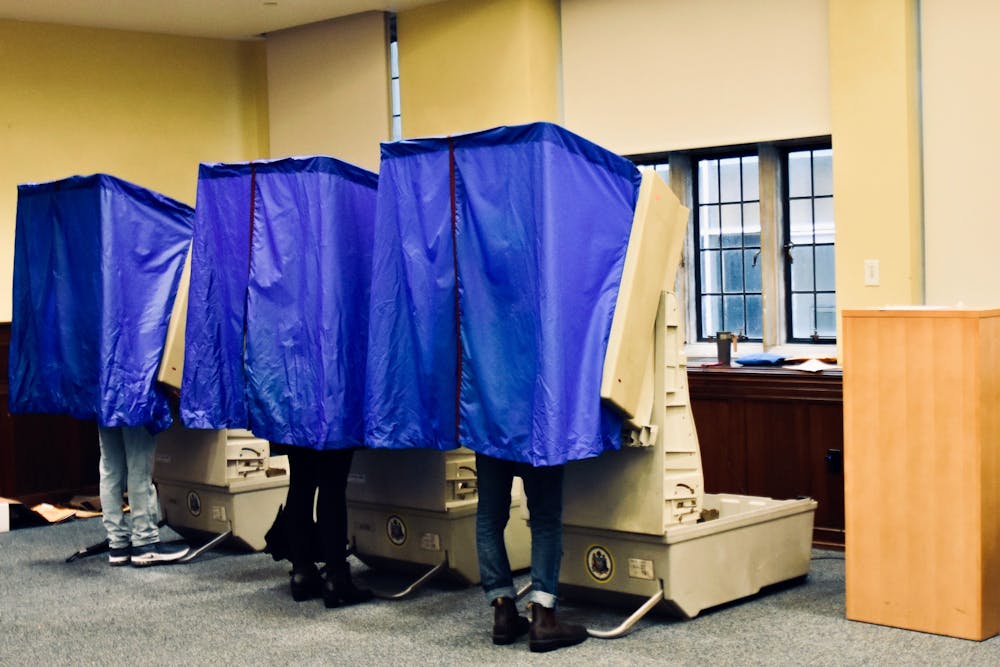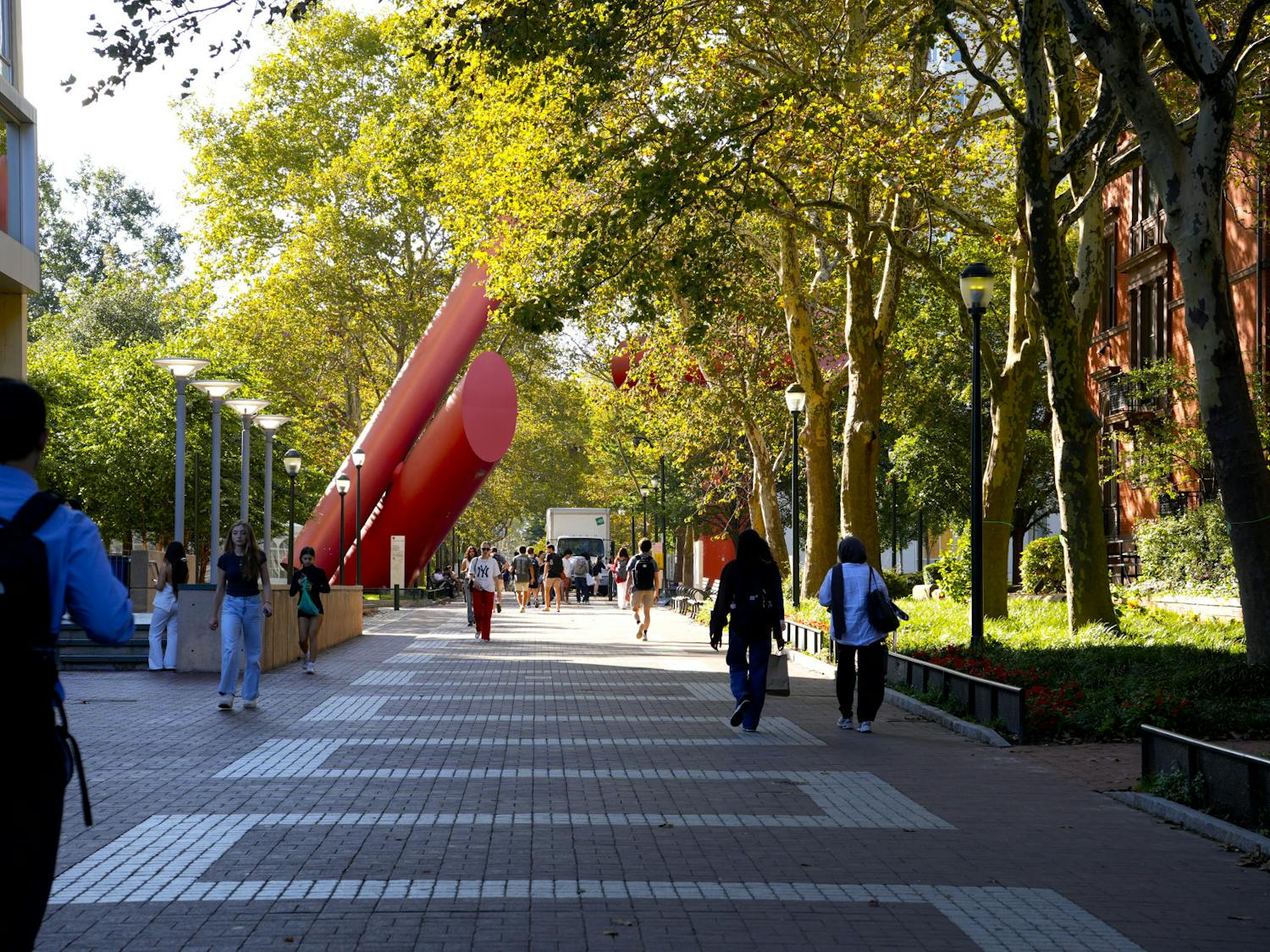A recent study from researchers at Penn and the University of Michigan found that individuals are more likely to trust election polls whose outcomes support their preferred candidates, Annenberg Public Policy Center reported.
Published in the International Journal of Public Opinion Research, the study looked at surveys from the 2016 presidential election to see how partisan biases, poll results, and methodological quality affect people’s assessments of poll accuracy.
The researchers found when people were asked to identify if a poll was accurate, they looked at whether the results supported their preferred candidates rather than looking at more objective measures, like the poll's methodology and design. The researchers said these distorted perceptions of polls can have harmful effects on elections and undermine faith in the voting system.
“Biased perceptions of polls can affect election turnout and voting preferences,” Annenberg Public Policy Center postdoctoral fellow Ozan Kuru told Michigan News.
The researchers sent surveys to a representative sample of over 900 voters from across the country. Subjects were shown a screenshot of a news article about two election polls featuring 2016 presidential candidates Hillary Clinton and Donald Trump.
For different groups of subjects, the researchers changed which candidate was in the lead and manipulated the polls' methodologies. When asked to rate the accuracy of the polls and predict what would happen if the election were the next day, subjects were more inclined to trust polls that placed their favored candidate in the lead.
Co-author Michael Traugott, a professor at the University of Michigan's Center for Political Studies, said this type of reasoning can further divide the political landscape and weaken people's trust in the legitimacy of election results.
“On a number of fronts, it is clear that people believe what they want to believe,” University of Michigan communication and media professor Josh Pasek told Michigan News. “It’s depressing, but not really surprising, that they are willing to cherry-pick which polls to trust in ways that support the narrative they want to hear.”
RELATED LINKS:
Annenberg study finds intervention method to diminish anti-Muslim sentiment
Annenberg study reveals American civic knowledge is low, despite improvements
Penn students analyze political cartoons and satire in this communication class
The researchers also found that more educated individuals were more likely to identify higher-quality polls accurately, while individuals with less education were more likely to be biased when there was no apparent quality difference between polls. In the study, they said the results suggest that emphasizing polls' methodological quality may help reduce bias.
“If people focus on these objective aspects of polls,” Kuru told the Annenberg Public Policy Center, “they may be less likely to immediately dismiss results that they find unfavorable."
Other recent Penn studies have also looked at the politics of the 2016 presidential election. Earlier this year, researchers from the Annenberg School for Communication found political polarization did not increase following the election of President Donald Trump.









